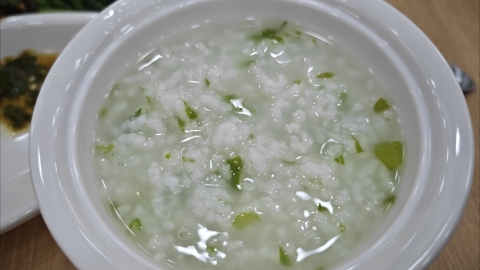What should patients with incomplete intestinal obstruction eat?
Patients with incomplete intestinal obstruction should consume liquid, easily digestible foods, low-residue soft foods, electrolyte-rich foods, probiotic-containing foods, and medical formula nutritional supplements. They must strictly control the type and amount of food intake to avoid increasing the burden on the intestines. If symptoms such as worsening abdominal pain, vomiting, or cessation of flatus and defecation occur, immediate medical attention is recommended.
1. Liquid and easily digestible foods: In the early stage, options such as rice gruel, diluted lotus root starch, and vegetable broth are suitable. These foods contain no solid residue, are easily digested and absorbed by the intestines, help replenish fluids and energy, and do not provoke abnormal intestinal motility.
2. Low-residue soft foods: As the condition improves, transition to foods such as steamed egg custard, well-cooked noodles, and tofu pudding. These have very low fiber content and a soft texture, reducing friction against the intestinal mucosa and lowering the risk of worsening obstruction.

3. Electrolyte-rich foods: Drink moderate amounts of light salt water, strained apple juice, or filtered vegetable juice to replenish sodium, potassium, and other electrolytes lost due to fasting or poor intestinal absorption, thereby maintaining the body's electrolyte balance.
4. Probiotic-containing foods: In the later recovery phase, sugar-free yogurt and fermented milk may be consumed to help regulate intestinal flora, improve the gut microenvironment, and promote restoration of intestinal function. However, ensure that these foods are smooth in texture and free of solid particles.
5. Medical formula nutritional supplements: If regular diet fails to meet nutritional needs, enteral nutritional formulations may be used under medical supervision. These provide balanced nutrition and are easily digested and absorbed, offering essential nutritional support.
Meals should be eaten in small portions but more frequently to avoid overeating at one time. Food temperature should be moderate—neither too cold nor too hot. Gentle abdominal massage after eating may help stimulate intestinal motility. Monitor bodily responses closely and adjust the diet accordingly.




